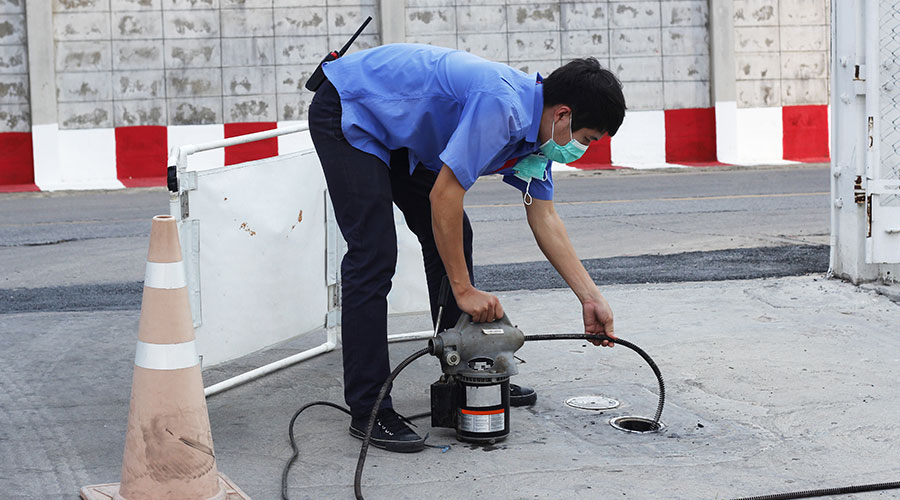Propane: Cleaner Emissions, Fewer Spills, Lower Maintenance Costs
Because of the mower’s cleaner emissions, D’Ardenne says his grounds crew can mow during forecasted air-quality action days, when they would have been sidelined if they used regular gasoline. John Burns’ landscape team at the University of Texas in Austin recently added a propane-powered mower to its fleet of six active mowers, and the response has been very promising.
“It’s been out every day we’ve been mowing, four days out of the week,” Burns says. His crews also have been able to operate on days with poor air quality.
“We have 125 acres of turf we maintain and there are weeks when we just can’t stop mowing, even on Austin’s ozone-action days because there is a football game or a graduation ceremony scheduled,” he says
More to Like
In addition to the fuel savings and cleaner emissions, propane mowers can offer several other advantages.
First, they can eliminate spillage. Landscape equipment users inadvertently spill 17 million gallons of fuel each year while refilling their cans or equipment, according to estimates. Gasoline, in addition to being a heavy post-burn pollutant, is a spillage and evaporation hazard. Propane is a gas in its uncompressed state, but it is stored as a liquid. Closed storage and delivery systems — meaning airtight systems that keep propane in its compressed, liquid state — prevent leaking and evaporative emissions by their nature. So they effectively remove spillage hazards from the environment.
Even if a system leaks, propane does not puddle. It vaporizes and dissipates into the air. As a non-toxic gas, the environmental impact of propane leaks is minimal. D’Ardenne says pre-filled propane tanks also eliminate the possibility of contamination of skin or clothing with benzene and other carcinogens that gasoline contains.
Second, the mowers can hold down maintenance costs. Propane mowers’ higher octane level, higher compression ratios and closed systems are environmentally friendly. The mowers also lower equipment maintenance costs and last longer than gasoline or diesel mowers.
Tests have shown oil, oil filters, spark plugs, carburetors and engines in propane-powered equipment last up to three times longer than gasoline-powered equivalents. A propane mower also requires fewer tune-ups during its performance life. D’Ardenne says his technicians find the oil stays cleaner in propane-powered units because fewer burnt hyrdrocarbons enter the crankcase oil.
Third, managers will have fewer worries about fuel supplies. The idea of switching to a seemingly new, less-established fuel such as bio-diesel or ethanol can prompt managers to worry no existing supply infrastructure exists. This concern does not apply to propane, which boasts a well-established delivery infrastructure.
Managers also can easily secure the supply of propane for a mower fleet, requiring either the delivery of a bulk tank that is regularly filled by a bulk supplier or the delivery of prefilled cylinders as needed. Burns says the university has its own 2,000-gallon tank near campus. The refueling process is easy and can save time.
Related Topics:













